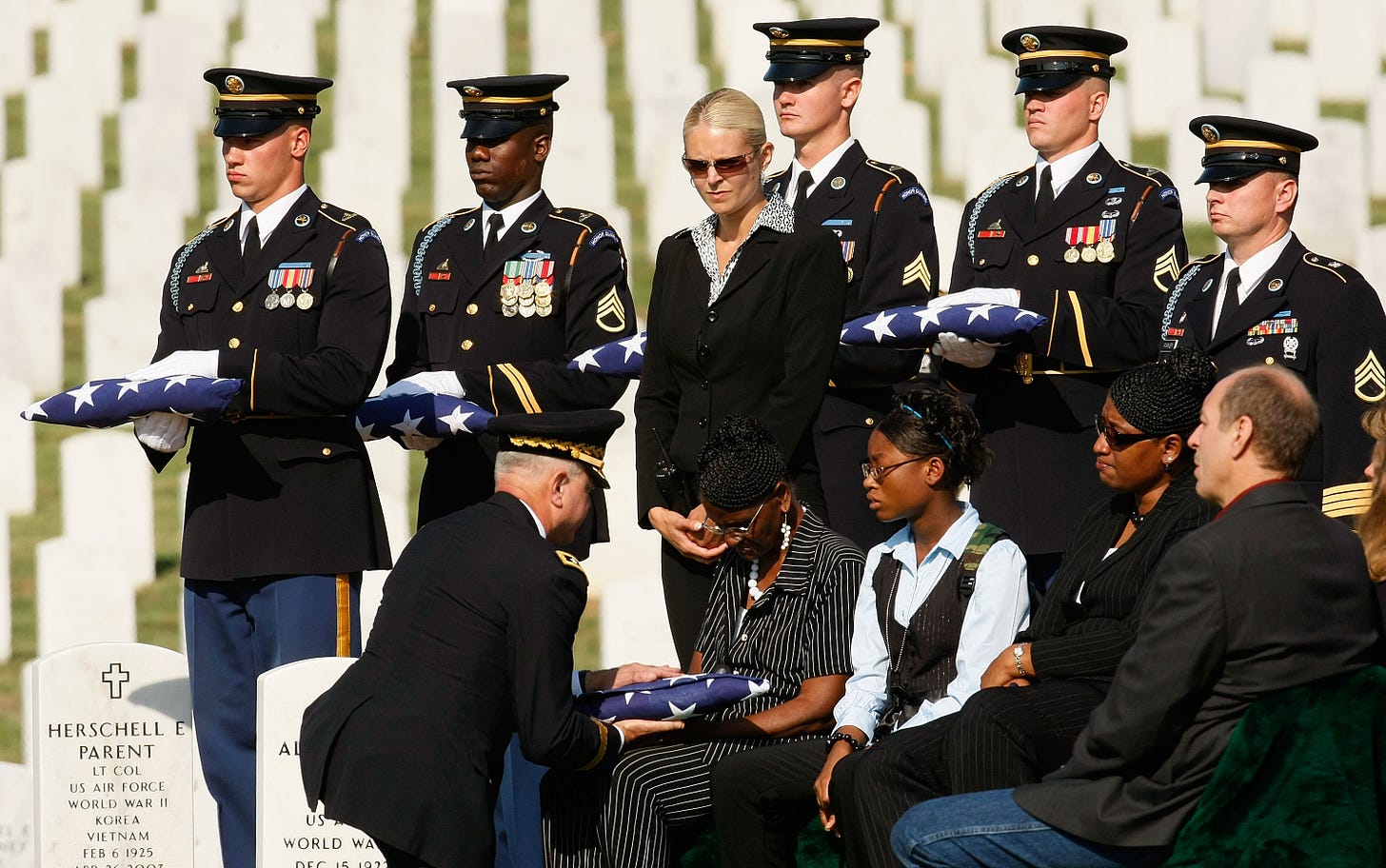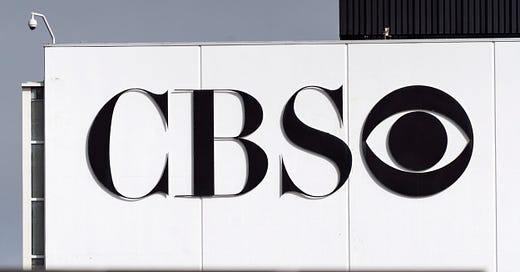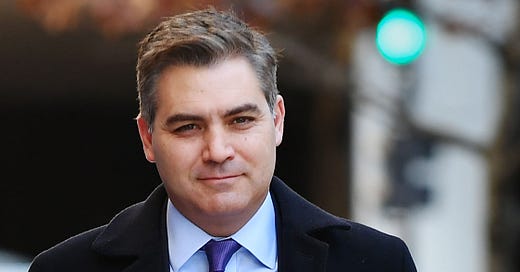

I confess, this was not an anniversary that was on my radar. Was it on yours? Has it already been 20 years? Is it so soon forgotten?
I awoke this morning to articles in The New York Times and The Washington Post commemorating the 20th anniversary of the American invasion of Iraq.
The second one.
The one flimsily tied to the aftermath of the terror attacks of 9/11.
The one sold to the American people under the false pretense of “weapons of mass destruction.”
The one that became among the longest wars in American history, along with its sister conflict in Afghanistan.
The one that must be considered one of this country’s gravest strategic blunders.
It is sobering to think back to those days in late 2002 and early 2003 when George W. Bush and his administration — Dick Cheney, Don Rumsfeld, Paul Wolfowitz, even Colin Powell — beat the drums of war, and too many in a position to question — in government and in the press — remained silent or acquiescent. As I have stated before, I include myself in this criticism.
In the rearview mirror, the folly of invading and occupying Iraq is indisputable. It is a tragedy of historic proportions. And it was one that was avoidable, a war of choice, which only adds to the scale of calamity. Our world is still shaped by its aftermath and will be for a long time to come.
Thousands of American troops lost their lives. and thousands more were wounded, many grievously. Our allies, whom we pressured and coaxed into joining our military adventure, suffered losses as well.
And then there is the toll on the Iraqis. We will never know how many were killed in the initial conflict or all the violence that followed. It is estimated to be in the several hundreds of thousands. Many of them civilians. Many of them children.
The neocons and their cheerleaders promised Iraqis would live in freedom. While liberated from the brutal dictatorship of Saddam Hussein, the country continues to be wracked by violence and corruption. And Iran turns out to be the principal “winner” of the war. The country that has benefited the most.
A war President Bush promised the American people would be a cakewalk turned into a brutal grind of occupation, urban combat, and terror. On May 1, 2003, Bush infamously announced “Mission Accomplished” in a photo-op on the aircraft carrier the USS Abraham Lincoln. None of the wisdom and pathos of that great ship’s presidential namesake was apparent in the way the Bush administration managed the invasion and counterinsurgency that followed. “Mission Accomplished” turned out to be the beginning of the war, not its triumphant conclusion. In addition to all the human suffering that followed, the price tag of Iraq to the American taxpayer is estimated in excess of $3 trillion.
There were a few, a brave few in government and the press, who sounded the alarm before the invasion. They faced incredible pressure and unwarranted questioning of their patriotism. The national environment was charged with an aggressive jingoism. Those who dissented from the propagandist narrative being hammered by Bush and his supporters were profiles in courage. If only they had been encouraged instead of overrun in the sprint to war. There were also protesters in the street who were dismissed as naive. But it was they who had the wisdom.
One can only speculate how the rush to war and indeed the war itself might have been different had we had a draft as we did in the Vietnam era. But for most Americans, life went on as usual. The press did come around to reporting on the carnage. But unpleasant headlines are easy to skip, and one can turn off a grim television report or just change the channel to something entertaining.
As the war dragged on, year after year, American sentiment turned against it. It helped spur Barack Obama to the presidency. But still the true cost, the ultimate cost, for most of us remained distant. For the families that sent their loved ones into the maelstrom, tour after tour, many returning broken or not at all, the reality was very different. We owe it to them to remember what was fought and lost in service to our country.
On the eve of the war, I traveled to Iraq to interview Saddam Hussein. He was a cold-blooded mass murderer whose word was not to be trusted. But we now know that when he protested that the American rationale for war was ill-founded, he was telling the truth. It was our government that was intent on pushing a false narrative. Has the memory of that stuck with us?
After the invasion, I returned numerous times to report on the conflict. What struck me most of all was the confusion about a mission that was never clearly defined. This was true at the beginning and was never clarified in the many years that followed.
Right after Baghdad fell, Elliot Kirschner and I helped report a “60 Minutes” piece about what the military framed as the immediate aftermath of combat. But the officers and enlisted men and women we talked to knew instinctively that they had no way of really understanding what might come next. The war wasn’t over after all.
There were many flashpoints and brutal fights to come that were so vivid at the time but now seem distant — the search and capture of Saddam, the battles for Fallujah, the Mahdi Army, the “surge,” the Abu Ghraib torture and prisoner abuse scandal, and on and on. Each one seemed a turning point of sorts. But they weren’t.
In retrospect, we can see that America was stumbling through a maze from which there was no tidy exit. The idea of “nation building” can sound inspiring. But the reality was dire. And those who led us into war should have thought of that first.
It is tempting to try to forget about our mistakes, whether that’s at a personal or national level. But to forget is to dishonor those who suffered. To forget is to forego reflection. To forget is to risk repeating.
So on this anniversary, let us remember Iraq and all who served and died there. Let us remember the cost to the Iraqis. Let us remember the folly and cynicism of those who were eager for battles they sent others to fight. Let us remember to never forget.
Note: We’re deeply thankful for the Steady community. If you aren’t already a member, please consider subscribing. Both free and paid options are available.














Dear Mr. Rather,
It is hard to believe that this happened 20 years ago. Sadly, the effects of the immoral and illegal invasion of Iraq are still with us today in so many ways. I supported the invasion and eventually served as Chaplain to our advisors to the Iraqi Army and other security forces in Al Anbar Province in 2007-2008. I saw and experienced so many things there, and my position allowed me to get to know many Iraqis. I was horrified to see how we had been lied to, and the terrible affects of the war. The destructive was immense, the suffering unimaginable to the sensitivities of most Americans. I had been in the military over 25 years when I went to Iraq and was already a military historian, and seeing the severity of the widespread destruction was shocking. We didn’t conduct pinpoint strikes against military targets, “Shock ans Awe” was a campaign of mass destruction. The damage we did set Iraq back at least 20 years and prevented our technical experts from getting Iraq’s electrical grid, and so much else online when we took over. The times I was at the large base that was my transportation hub, I saw the lies about the war propagated in the media, especially on Fox News and the pro-war talk radio crowd. They made me wonder what war they were covering. I returned in 2008 and eventually retired from the Navy in December 2020. I still suffer the effects of PTSD, TBI, sleep disorders, and other physical issues from Iraq and my other military service.
Thank you for posting this.
Sincerely,
Fr. Steve Dundas, Commander, Chaplain Corps, US Navy (Retired)
Author “Mine Eyes Have Seen the Glory: Religion and the Politics of Race in the Civil War Era and Beyond”
Even at my advanced age, I am not able to understand why anyone thinks that war is a solution to anything. Old, crazy men (mostly) beating their chests and proving how spectacularly manly they are. Every time I hear “thank you for your service”, I think of my neighbor who suffers from PTSD. He can’t bear the noise of crowds so is not able to attend his son’s athletic events. He has grown obese from the meds he gobbles down daily. He rarely leaves the house. The family went on vacation several months ago. They were home within four days, because he kept having panic attacks. This is a real person, and his family, who are affected. Thanking him for his service would be an insult to all of them. I wouldn’t even consider it.
If we had the maturity we would place all of our intention on finding ways of solving whatever difficulties we think we have in lieu of killing and maiming one another.